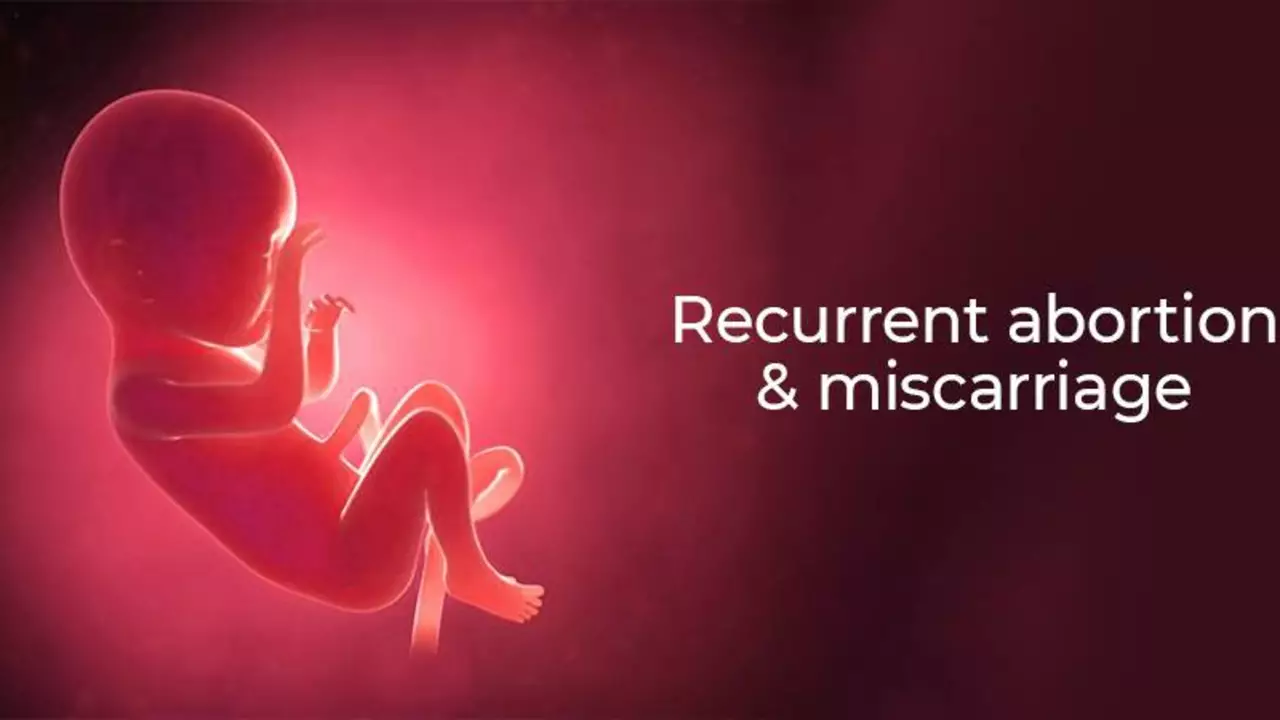Pregnancy After Miscarriage: When to Try and What to Expect
If you had a miscarriage, you may wonder how soon you can try again and what you should watch for. Many women get pregnant within a few months and go on to have healthy pregnancies. But emotions, healing, and medical checks matter. This guide gives clear steps you can take right now.
First, check in with your doctor. After a miscarriage, your care team can confirm that your uterus is clear, your hormones are returning to normal, and there are no infections. Sometimes a follow-up ultrasound or blood test is needed. Ask when it's safe to stop contraception and whether any tests are recommended before trying again.
Timing and body recovery
Physically, your cycle may return within a few weeks. Many doctors say you can try as soon as you feel ready and your menstrual cycle returns. If the miscarriage was early and uncomplicated, waiting a cycle or two is common but not required. For certain medical reasons—like heavy bleeding, infection, or when a D&C was performed—your doctor may advise a short wait. If you had recurrent losses, they might suggest tests before another pregnancy.
What to do before trying
Build a simple plan. Start folic acid now if you haven't already — 400 to 800 micrograms daily is a common recommendation. Stop smoking and limit alcohol. Keep a healthy weight and aim for regular gentle exercise. Review any medications with your doctor; some drugs should be changed before pregnancy. Track your cycle so you know your fertile window and when to test for pregnancy.
Emotions often need as much attention as the body. Grief, anxiety, and fear of losing another pregnancy are normal. Talk to your partner, friends, or a counselor. Joining a support group can help you feel less alone. If anxiety makes daily life hard, ask for professional help sooner rather than later.
During the next pregnancy, expect more monitoring early on. Your provider may offer earlier ultrasound scans and extra check-ins to reassure you. Try not to overdo home tests; one early scan is more useful than daily worry. Report any heavy bleeding, severe pain, fever, or unusual discharge right away.
What about risks? A single miscarriage does not usually raise the risk of problems in future pregnancies. Age, certain medical conditions, and lifestyle factors can influence risk. If you've had two or more miscarriages, your doctor may recommend more tests to find a cause and guide treatment.
Practical tips: sleep well, eat balanced meals, and take prenatal vitamins. Keep your appointments and write down questions before visits. If you become pregnant again, tell your provider about the past loss so they can plan early care. Small steps add up and help both your body and mind feel ready.
Every story is different, and feeling cautious is okay. Talk openly with your health team about timing, tests, and support. You don't have to figure this out alone. Help is available when you need it, every step.

Fertility After Miscarriage: What You Need to Know
In my recent blog post, I delved into the topic of fertility after a miscarriage. I discussed how fertility levels generally return to normal within a few weeks post-miscarriage, but emotional readiness is also crucial for trying to conceive again. I highlighted the importance of professional advice on when to start trying again and how to cope with fear and anxiety. I also touched on the misconceptions about miscarriage affecting future fertility, explaining that it's usually not the case. The post aims to provide a comprehensive outlook, combining medical facts with emotional aspects of such a delicate issue.
Read more